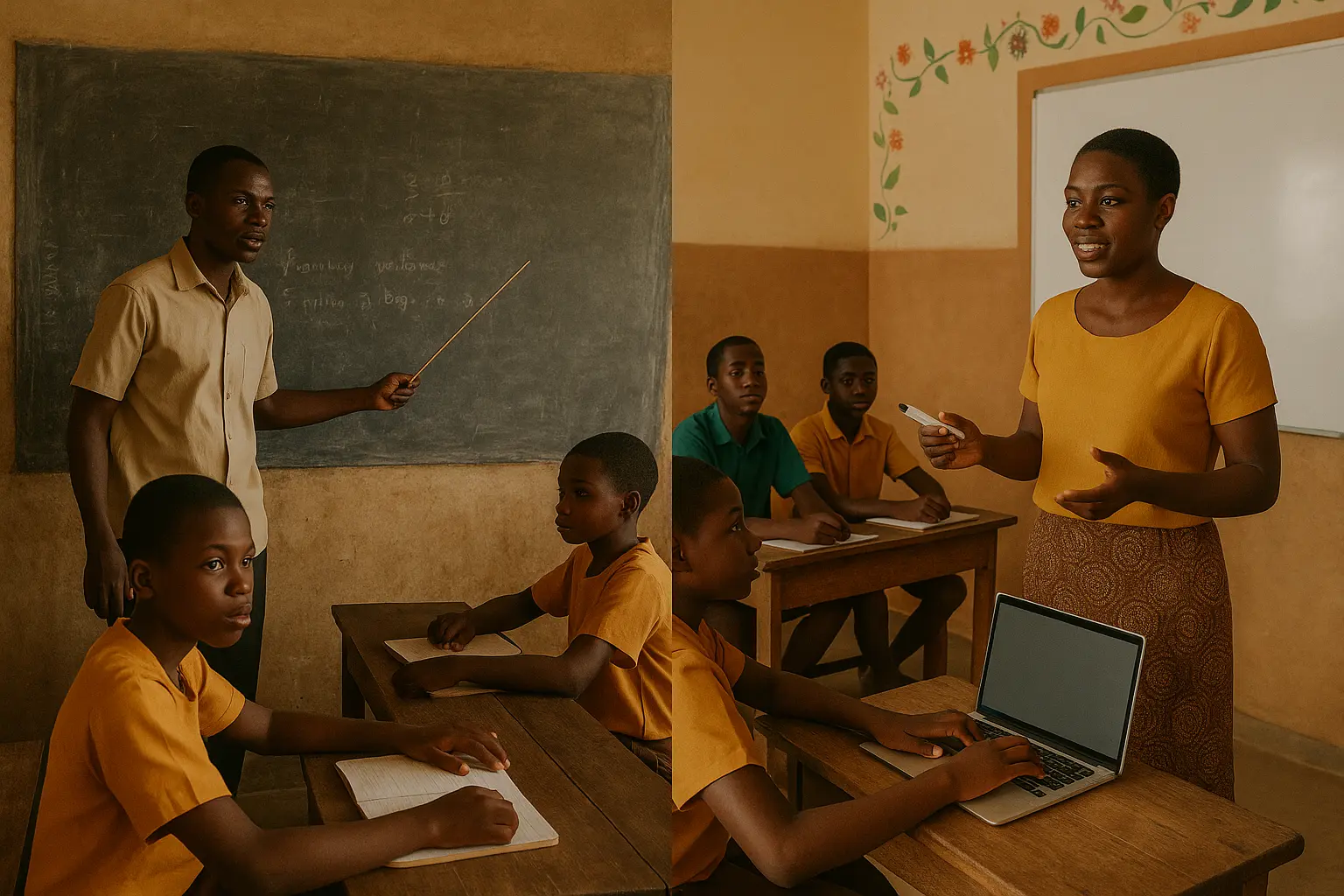Education has long been a cornerstone of societal advancement. Traditional methods, characterized by rote memorization and teacher-centered instruction, laid the groundwork for learning but often fell short in fostering critical thinking and adaptability. In contrast, modern educational approaches emphasize active learning, teacher effectiveness, and student engagement, leading to significant improvements in student outcomes.
Research emphasizes the pivotal role of teacher effectiveness in student achievement. A study by the IZA World of Labor found that a one standard deviation increase in teacher effectiveness leads to a 10–20% standard deviation improvement in student performance, a result consistent across various subjects and educational stages. Furthermore, the Learning Policy Institute’s review of 30 studies revealed that teaching experience positively correlates with student achievement gains throughout a teacher’s career, with the most significant improvements occurring in the initial years.
Effective teachers influence students’ non-cognitive outcomes. The RAND Corporation highlights that students assigned to more effective teachers exhibit better attendance, fewer suspensions, and improved social-emotional skills. These findings suggest that teacher effectiveness encompasses a broad spectrum of student development.
Innovative teaching methods have also demonstrated success globally. In Mexico, an educator Sergio Juárez Correa implemented a student-led learning model inspired by Sugata Mitra’s experiments. This approach, according to reports, emphasizes exploration and self-organization, has led to remarkable improvements in student performance, with some students excelling in national exams.
Similarly, Australia’s adoption of explicit teaching methods has yielded positive results. Schools like Canley Vale High School have achieved notable success in literacy and numeracy by focusing on clear instruction and setting high expectations, even among students from non-English speaking backgrounds. These methods, grounded in cognitive load theory, involve clear explanations, demonstrations, and repetitive practice, ensuring no child is left behind.
In Kenya, Bridge International Academies have redefined education with their cost-effective “schools in a box” model. The systematic process of managing operations and focusing on scripted teaching in schools ensure consistency and accountability, leading to students consistently outperforming peers in schools.
Problem-based learning (PBL) has also shown promise. A study tracking middle school students’ performance on standardized tests found a 14% improvement for the first cohort and a 13% improvement for the second cohort using inquiry-based science methods. Notably, PBL significantly reduced the achievement gap for African-American students.
These examples illustrate the transformative potential of modern educational strategies. For policymakers, curriculum developers, and educators, the evidence is clear: investing in teacher development, embracing innovative teaching methods, and focusing on student engagement can lead to substantial improvements in educational outcomes.
African nations can adapt and implement strategies that cater to their unique contexts, ultimately enhancing the quality of education for all students.
Keep following SIRJOE ONLINE for more
